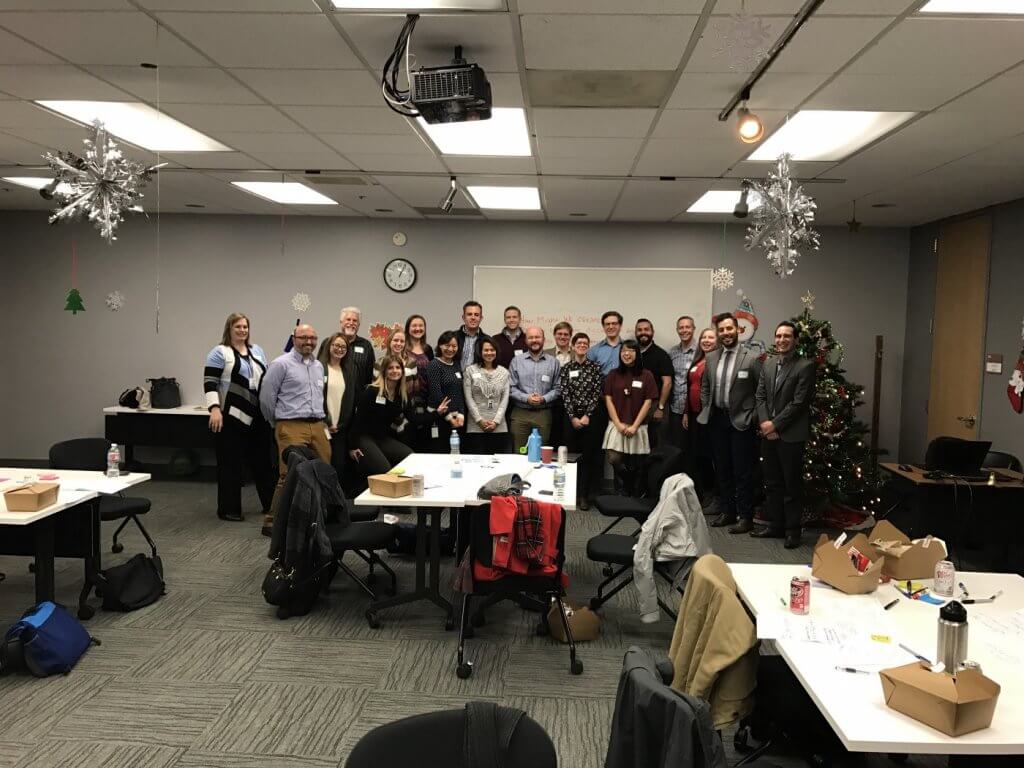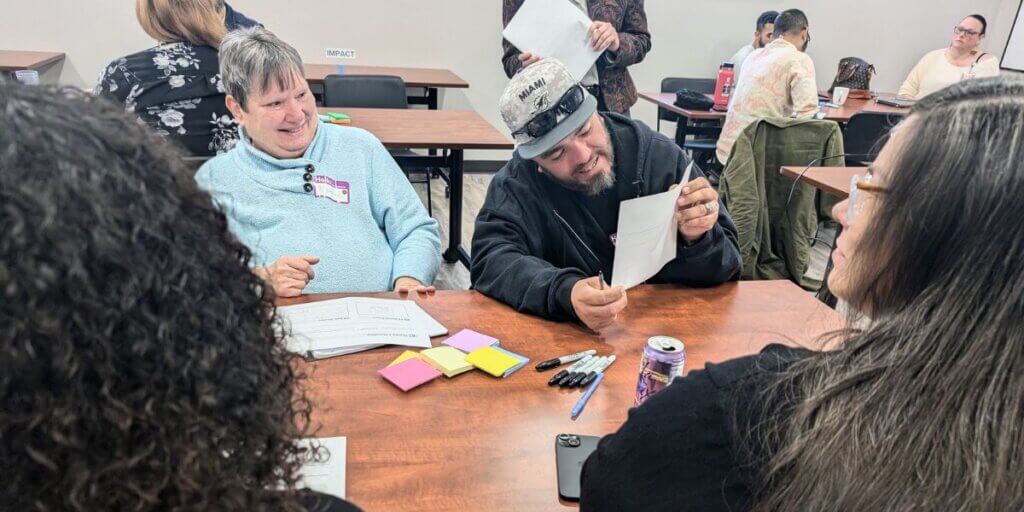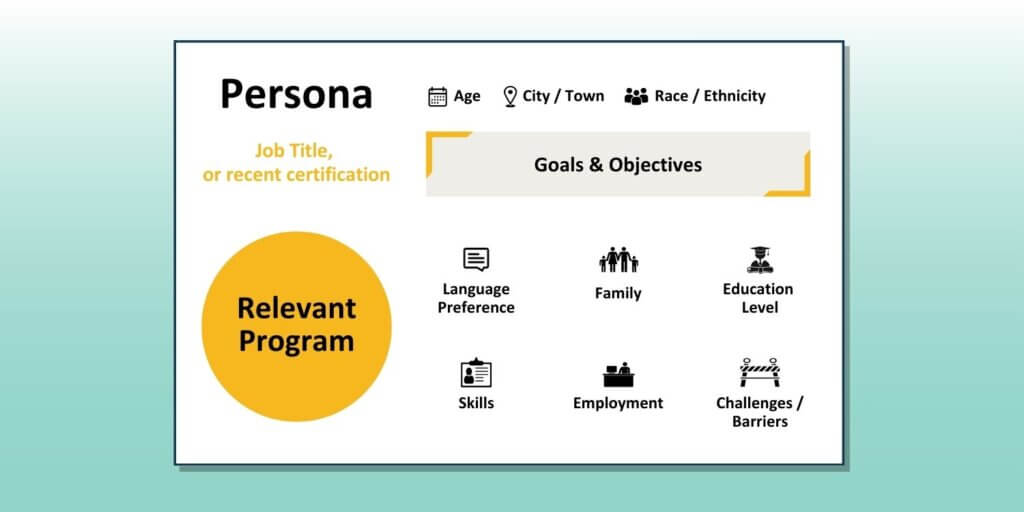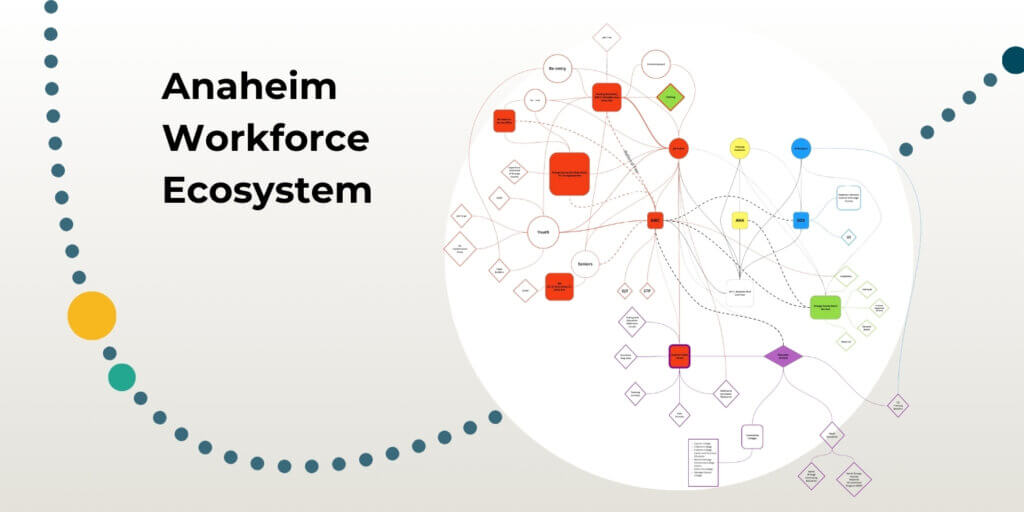These Californians are improving public health with data
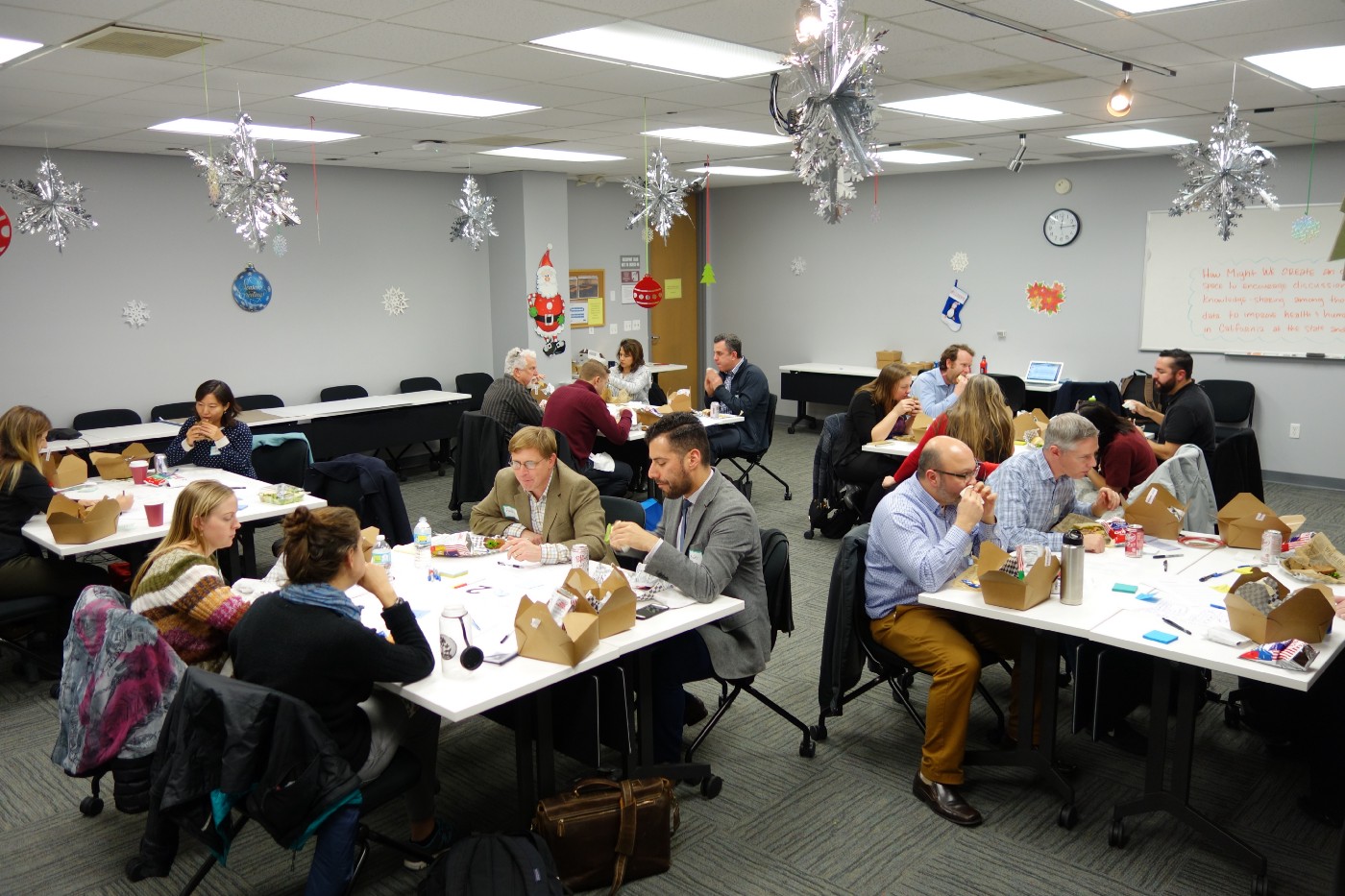
It’s a new year, and with it comes new opportunities for individuals and organizations to make data-driven decisions. As more and more data come online in the health and human services field, the need has become crucial for data stakeholders to collaborate statewide. However, oftentimes “big data” can be overwhelming, and create more confusion than insight. Further, there isn’t an online home for health data enthusiasts to collaborate and learn from each other.
Enter the California Health and Human Services (CHHS) Data Commons project. In partnership with California Health Care Foundation, the Data Commons seeks to provide a digital town square of sorts that will connect a wide array of individuals to health data. Read more about the intentions of the project here.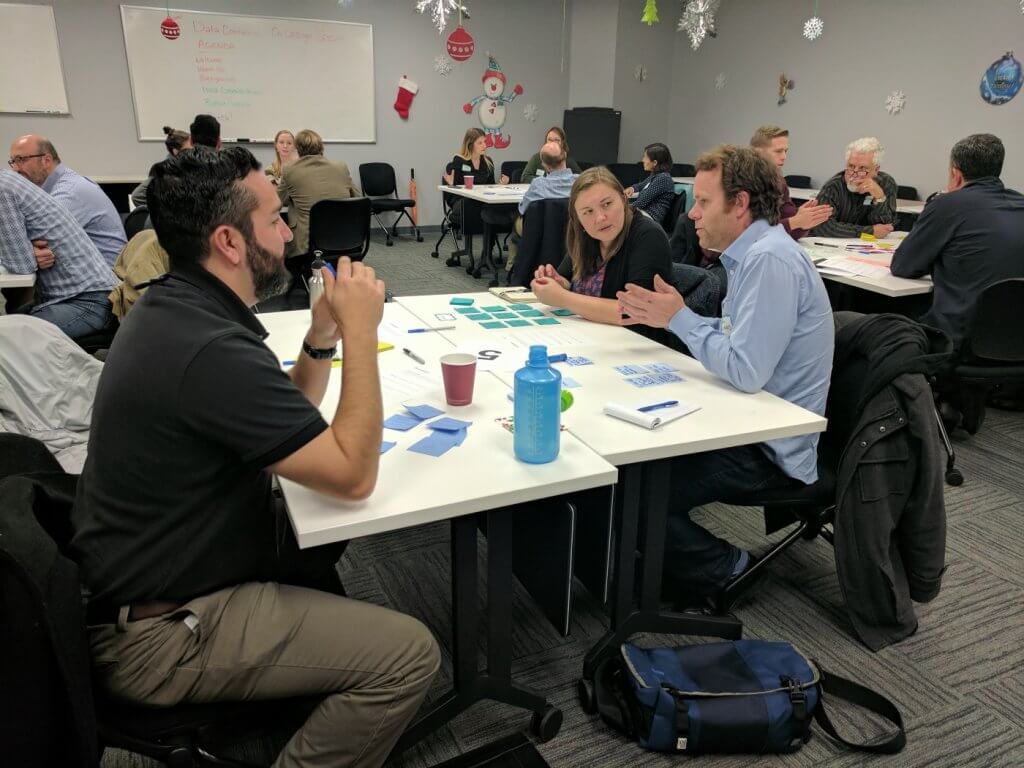
As their work pushing forth a first of its kind agile procurement and development of the state’s child welfare system, and the creation of an interactive web app for asthma analytics after hearing from the community about the need, indicates CHHS is leading the way when it comes to data and innovation in California. Similarly, the Data Commons seeks to meet the needs of health data consumers by learning from the very individuals and organizations who are likely to use the Commons. To bring this project to life, CivicMakers has been conducting user research to understand the needs and opportunities for data stakeholders. Through nearly 40 interviews and one “co-design” brainstorming session, we’ve synthesized our findings into the following personas, or written descriptions of potential users.
The True-Believer
A True-Believer is someone whose title might be something like Chief Information Officer or Data Scientist. This group does not need to be convinced about the power of data — in fact, they might even identify as being “data people.” A True-Believer facilitates connections around solutions and knowledge-sharing through their personal networks. They often break up silos within departments and foster interdependent relationships on work with data. True-Believers see data as transformative, impactful, fulfilling and full of potential for greater government transparency. One of their barriers might include bringing about culture change, where they are challenged with justifying open data efforts. True-Believers would benefit from a robust community of practice for storytelling, content curation, and further engagement with the data visualization community.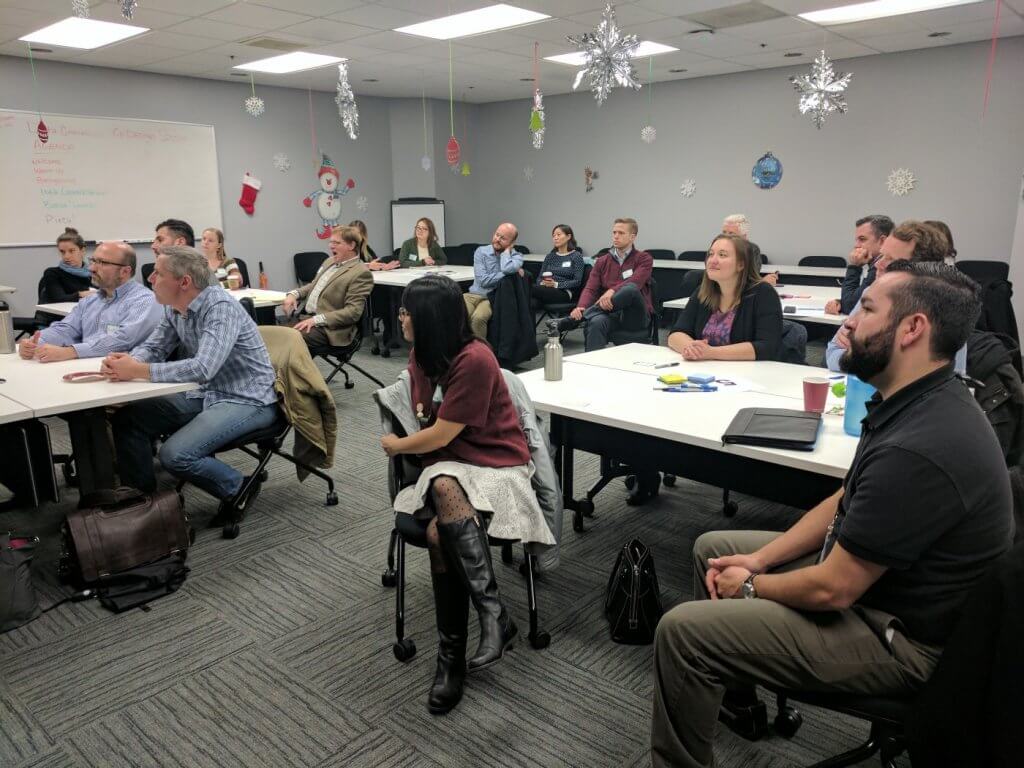
The Dutiful Doer
A Dutiful Doer lives and breathes data, as it is a key component of their job, which might be something like an analyst or program manager. Dutiful Doers tend to share stories about their work with data in small teams or working groups, often in-person or through regular calls and presentations. They rely on nonprofits or other constituents to validate and understand data, and often have a specific point of contact when issues arise. Dutiful Doers are not typically concerned with interagency collaboration, putting the bulk of their focus on their own program. Some barriers experienced by this persona include having limited bandwidth for sharing success stories and/or a lack of incentive to do so. An opportunity for this group would be a mechanism for gathering community feedback to understand needs, which datasets are being used most and what (if anything) is being built from the data. Dutiful Doers would also benefit from leadership buy-in to push data efforts.
The Engaged Consumer
This persona will often reach out to data owners for further context or technical questions related to datasets. Their engagement with data spans learning new approaches and workarounds, and seeking out content experts when questions can’t be answered by data owners. Barriers experienced include lack of standards, consistency and granularity in datasets. The Engaged Consumer might take on the role of a Brigade Captain, data storyteller or a developer for a civic tech startup. An opportunity for this persona would be related to having greater access to content experts, not just owners of the data. A perspective on the context of data outside of the agency producing that data is highly valuable for this group.
The Cautious Consumer
Cautious Consumers are often adept at “cleaning up” messy datasets, using a variety of tools to do so, including scraping data from PDFs. These folks are typically part of the civic tech community, such as a Code for America Brigade volunteer, or a journalist. Cautious Consumers are less likely to get on the phone or send an email to the data owner for more information or context. Some of their barriers are similar to the Engaged Consumer, including a lack of consistent metatdata or standards for reporting, along with a lack of granular data that would lead to a deeper analysis. Sometimes this group works with data more as a hobby than part of their job. The “Cautious” moniker refers to both a lack of interest in reaching out to data owners, as well as a skepticism around an agency’s motivations for publishing open data that we heard in our interviews. Since this group has a low tolerance for data challenges, one significant would be a channel for reporting data issues as opposed to attempting to hack around them, or assuming data is inaccessible by design.
The Curious Advocate
The Curious Advocate is a persona group that emerged after our second-round interviews. It represents a “concerned citizen” or community advocate, as well as nonprofits and community groups, who may be likely to call up a government agency and ask a specific question, such as “why are there so many fires in my neighborhood?” This group has a lot of questions, but not a lot of resources for answering those questions. They know government agencies track data, but may not know who to contact for questions regarding data. This Curious Advocate is less likely to be technically-savvy and comfortable with large datasets. They may want to see data visualizations to help draw insights that might answer their questions. An opportunity for this group would be publishing data in a visual and compelling way that relates to their direct community experiences.
What do you think?
We’d love to hear whether these personas resonate with readers. Do you know people who might fit these characteristics? Is there anything we’re missing?
With these personas in mind, on December 15th, we hosted a co-design session in Sacramento with representatives of the various persona groups outlined above. The session allowed for data stakeholders to engage in some creative idea generation for their ideal scenarios for interacting with others in the data ecosystem and telling stories about data. Insights from this session are being synthesized and integrated into our survey of existing tools to meet the needs articulated, as well as distinct feature sets to be included in the solution development.
We’re organizing another co-design session in the Bay Area later this month which will include some low-fidelity prototyping exercises to explore the core features of the Data Commons. Insights from both sessions will be synthesized and integrated into our survey of existing tools to meet the needs articulated, as well as distinct functionality to be included in the development of the Data Commons.
Want to be involved and stay up-to-date with this project? Would you like to do some Beta testing, or participate in the next co-design session? Sign up here!